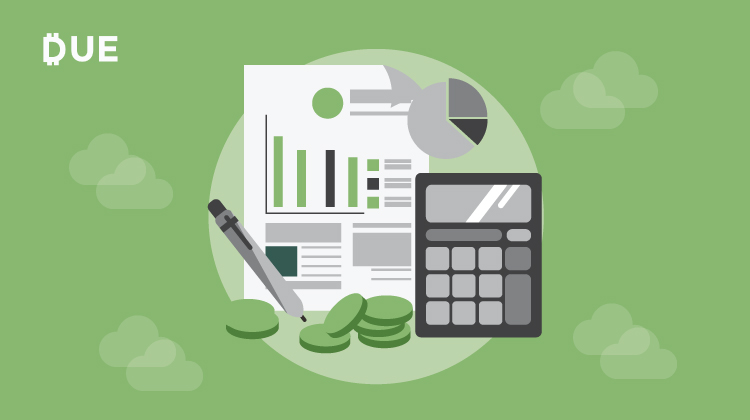Do you have a client or two that’s giving you the run around when it comes to getting paid? If you’re trying to collect late payments and you’re not getting very far, here are some tips to employ when someone isn’t playing nicely in the payment sandbox.
Table of Contents
Toggle3 Smart Tips to Collect Late Payments from Clients
1. Give a reminder about payment terms
If you agreed upon how you will work with a client and have possibly discussed payment terms, contracts are often put into place to make things extremely clear and ensure that both people are holding up their end of the agreement. While this is standard for working together, sometimes people push the limits, bend the rules a great deal or simply forget to pay you.
If you set up payment terms and the person you’re working with is already breaking them, you’ll have to say something to let them know. If you never had to do this before and this isn’t your favorite part of your job description, it can be a bit awkward. You might even feel frustrated since you thought a contract should have been enough to guard against having something like this happen in the first place, but unfortunately it’s not always the case.
If the client hasn’t paid you, it could genuinely be a mistake on their part. If it’s their first offense, it’s okay to give them a free pass and let them slide a week or two, but any later than that and you’ll have to notify them. If it happens again and again, you’ll have to put your foot down or they’ll know they can take advantage of you. If it persists, you may also have to evaluate if you want to continue doing business together.
2. Play a little hardball
Though I’m not a lawyer, I’ve had experience in dealing with late payments in the past. If you’re baffled as to how someone is blatantly violating a contract, some people know that it’s only as good as the person who enforces it. So if they get the sense that you’re a nice person who won’t make waves, they can use that against you. Though unfair, it can happen.
So the contract might show that you have things in place to protect yourself but if you don’t follow through on enforcing the terms, then in some ways it’s useless. My mother worked in accounting for over 30 years. I would hear many of her phone conversations go down like verbal wrestling matches when people weren’t sending in payment. Though she was a feisty person by nature and loved dealing with numbers, it’s a skill that you can develop over time.
3. Use a script to flip the script
If you’re not sure of how to word your communication when approaching the client, type in terms like “how to get clients to pay you” or “late payment email scripts” into the search engines. Even if you have to actually tell the person on a call, you can still use the same wording.
There are many sources online that will give you exact wording of what to say in different situations. So what you might include in an email of a first offense may sound very different than what you would say to a repeat offender that has already been notified. Keep the context of the situation in mind.
Even if your angry, be professional. Also, note that while email is quicker and takes some of the sting out of having to confront someone live, a phone call can humanize things a bit more and possibly move things along faster if done properly.
The Bottom Line
While there are many perks to being a freelancer or running a small business, collecting late payments may not be one of them. If you’re not sure what to do, try a few of these tips out and see what happens.












